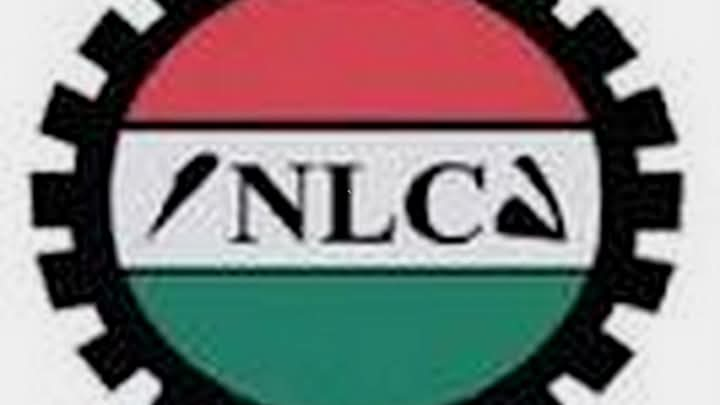By Hawau Nasiru
The Federal Capital Territory (FCT) Council of the Nigeria Labour Congress (NLC) has announced an indefinite strike set to commence on December 1, 2024. This decisive move comes as a direct response to the prolonged inaction by area council chairpersons regarding the implementation of the agreed national minimum wage of N70,000 and the settlement of various outstanding entitlements owed to workers.
The announcement was made by the FCT NLC chairman, Knabanyi Adalo, who expressed his deep frustration over what he described as continuous neglect of workers’ rights and economic well-being. “The refusal of the council chairpersons to comply with the minimum wage directive is not only a breach of trust but an affront to the dignity of our hardworking members,” Adalo stated in a December 1 press release.
The impending strike has its roots in a series of unresolved grievances that labor unions had been vocal about for months. Since the inauguration of FCT Minister Nyesom Wike in August 2023, the council failed to engage constructively with union representatives.
The unions’ patience ran thin when no significant progress was made regarding wage concerns and the payment of entitlements. As a last resort, labor leaders issued a stern warning that unless their demands were addressed, a strike would commence on November 30.
In a sudden response to the growing discontent, Minister Wike approved the payment of the minimum wage for Federal Capital Territory Administration (FCTA) workers and authorized the payment of three months’ arrears, starting in November 2024.
Anthony Odeh, the acting head of the FCTA civil service, noted that this decision was made to “ameliorate the plight of workers,” attempting to mitigate the pressure from organized labor.
However, this gesture appears insufficient to quench the growing tide of dissatisfaction, particularly within the area councils. Adalo reinforced the urgency of the situation, referring to a communique issued by the NLC’s National Executive Council (NEC) following their meeting in Port Harcourt, Rivers State, on November 8. This communique gave a clear warning: if the minimum wage was not implemented by November 30, all councils would face immediate industrial action.
The strife comes against the backdrop of ongoing issues such as unpaid arrears owed to primary school teachers, which has further inflamed tensions between labor representatives and the government. In a climate where the cost of living continues to rise, workers are left feeling the weight of unfulfilled promises and inadequate responses from their employers.
Meanwhile, reactions from the general public and various stakeholders are mixed. Some citizens express support for the striking workers, emphasizing the need for fair compensation in a time of economic hardship. Others, however, express concern over potential disruptions that a prolonged strike could cause to essential services, particularly in education and local governance.
With workers threatening to withdraw their services across all six area councils, it remains to be seen whether the government will make further concessions or if the impending industrial action will force a wider discussion on labor rights and economic justice in Nigeria.
The indefinite strike poses significant implications for governance in the FCT, highlighting a critical juncture in labor relations.
As workers brace themselves for action, the eyes of the nation will be watching to see if this display of solidarity can compel the government to rectify longstanding wage issues and uphold the principles of fair labor practices.



